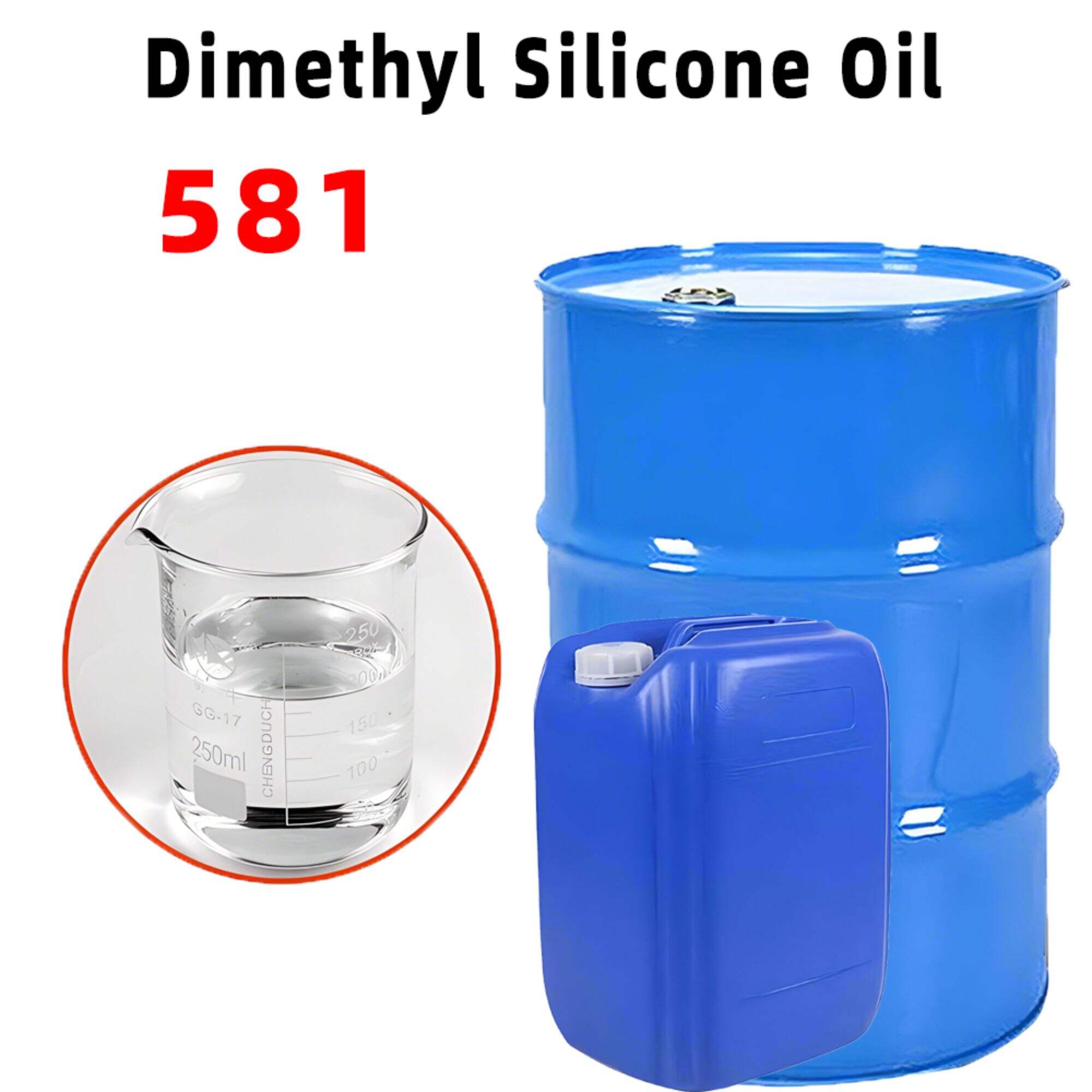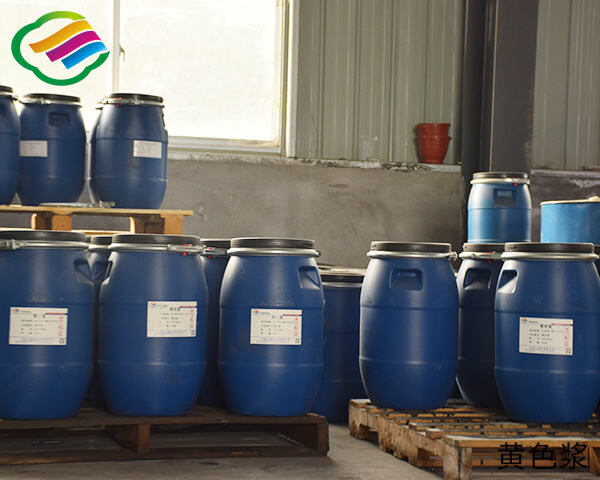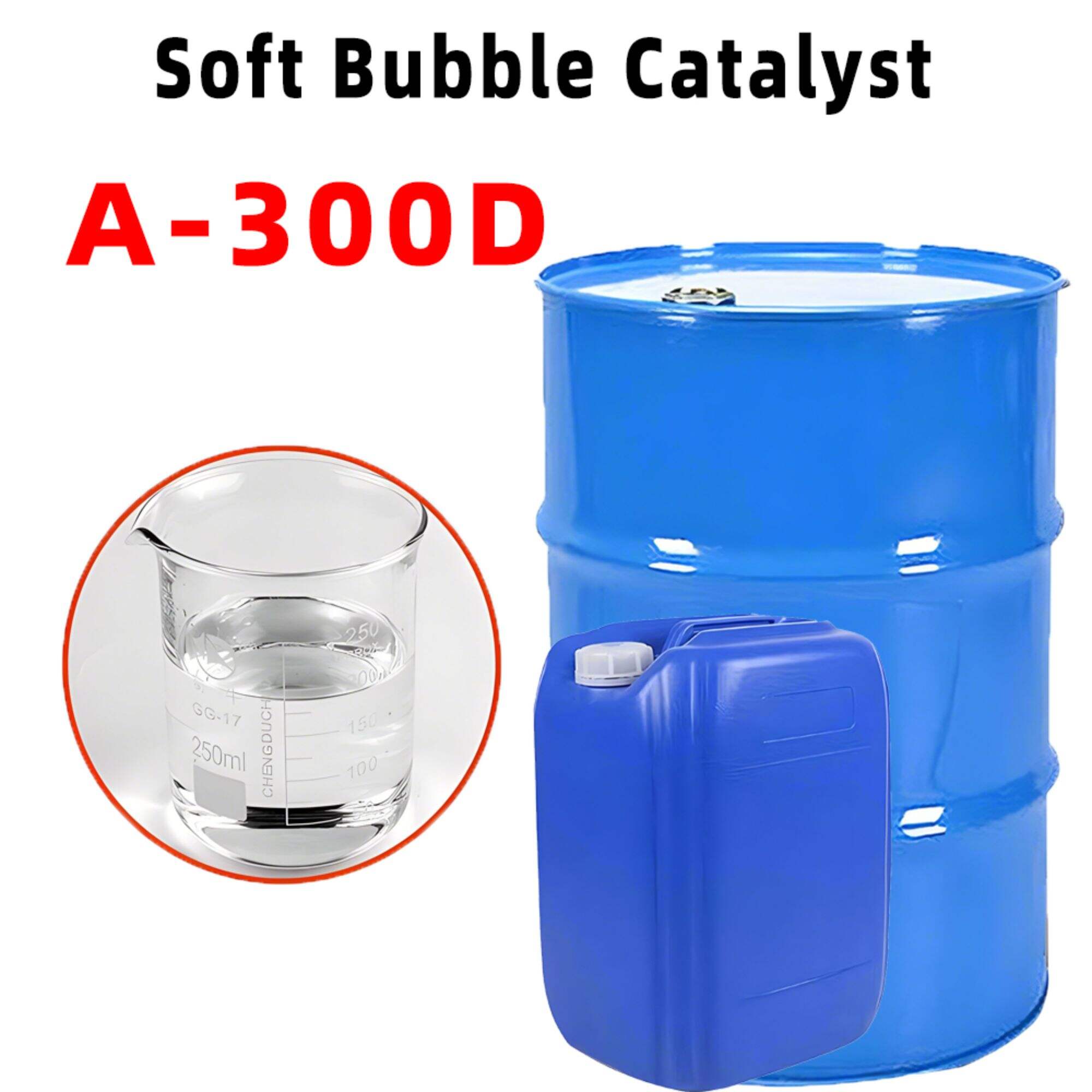Polyols play a pivotal role in polyurethane production. These common chemicals are used to produce many of the plastics in everyday items ranging from furniture to toys. They are essential to several products that would not be as powerful or valuable without polyols.
Polyurethanes are made from polyols. The polyol and isocyanate are a class of chemical which is used to impart the unique properties of polyurethanes. Depending on their use, polyols can be used to make polyurethanes soft or hard, flexible or stiff. This ability to alter a product’s feel-response’s and how they perform makes polyurethanes very versatile and useful for a range of applications. A SANYING soft polyurethane, for instance, can be used for cushions, while a harder type can be used for robust furniture.
SANYING Polyols consist of small units known as hydroxyl groups. These functional groups are critical since they react with other chemicals, such as the isocyanates, to make polyurethanes. Once these polyol isocyanate chemicals combine, they link together to become a very strong and durable polyurethanes. Manufacturers can control the behavior of ocean-bound polyurethanes by selecting a specific type of polyol. This means they can make exactly what they want, whether that be something soft and squishy, or hard and strong.

Several different grades of polyethers can be used to make polyurethanes. SANYING Polyester and polyether polyols and polycarbonate polyols are the commonly used types. Different types of polyol have unique characteristics, and can alter the look and feel of the final product. Polyester polyols, for example, are typically used for flexibles, and polymeric mdi are utilized for the more durable applications. Depending on their production requirements, manufacturers can select the type of polyol they need and devise a diverse variety of polyurethane products.

Polyurethanes with the following advantages are produced by utilizing polyols. Polyols contribute to the strength, durability and flexibility of polyurethanes. The products that are made with polyols can resist wear and tear over the years. They also help make polyurethanes more resistant to heat, cold and chemicals. That is critical for things that could get used in a soldier environment or that need to last a long time. Polyols also have high stability, allowing the advantage of extended shelf life for polyurethanes manufactured using them without undergoing deterioration or depletion of properties.

As people are getting conscious about environmental concern, manufacturers are seeking sustainable alternatives to polyols. You could go with bio-based polyols which come from plant-based renewable resources. That means they can be created without damaging the planet. Another option is recycled polyols, which are made from previously used materials that are being repurposed. These sustainable choices in polyols help manufacturers minimize waste and keeps them from impacting the environment, while enabling them to still produce premium products.

